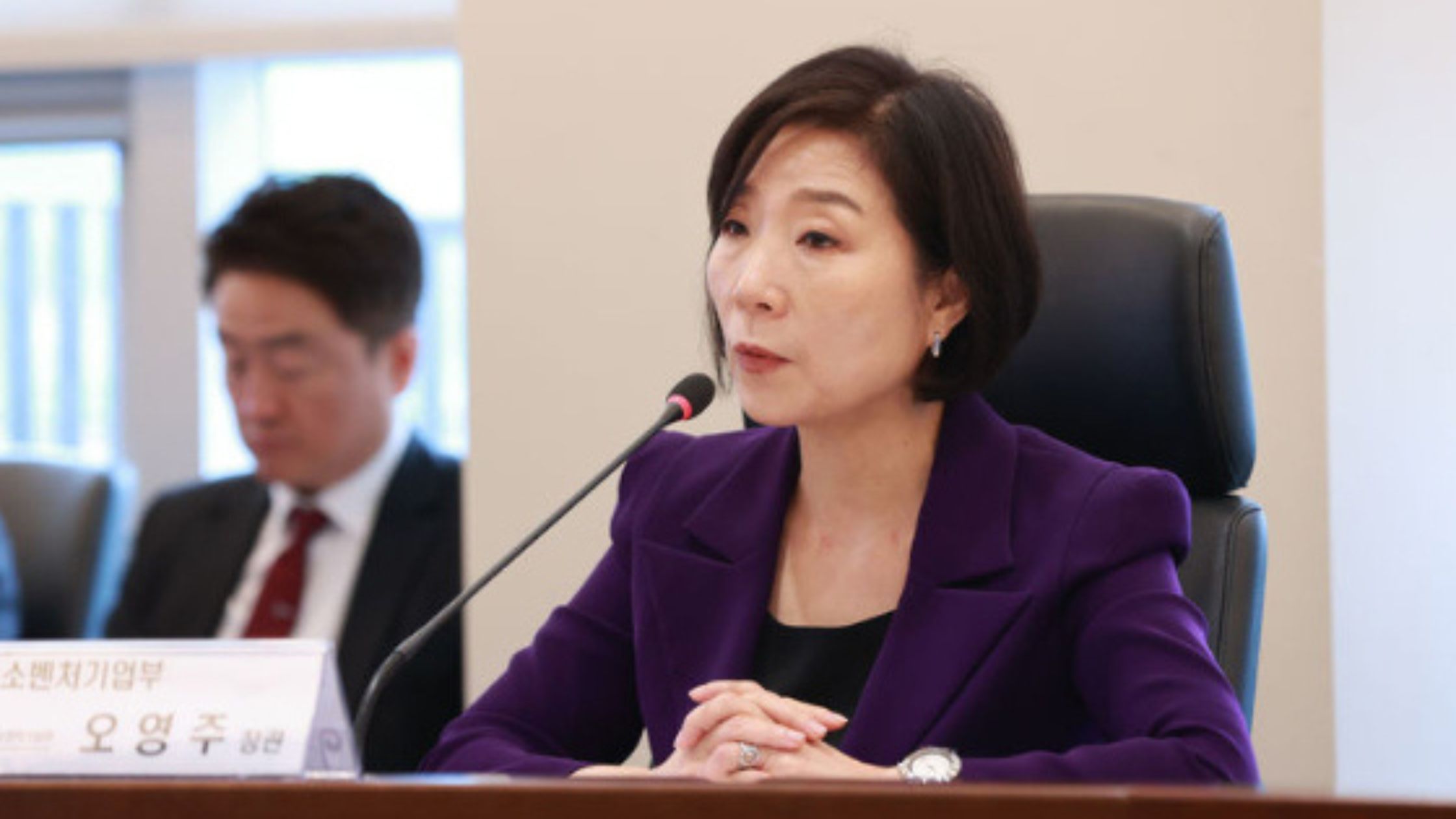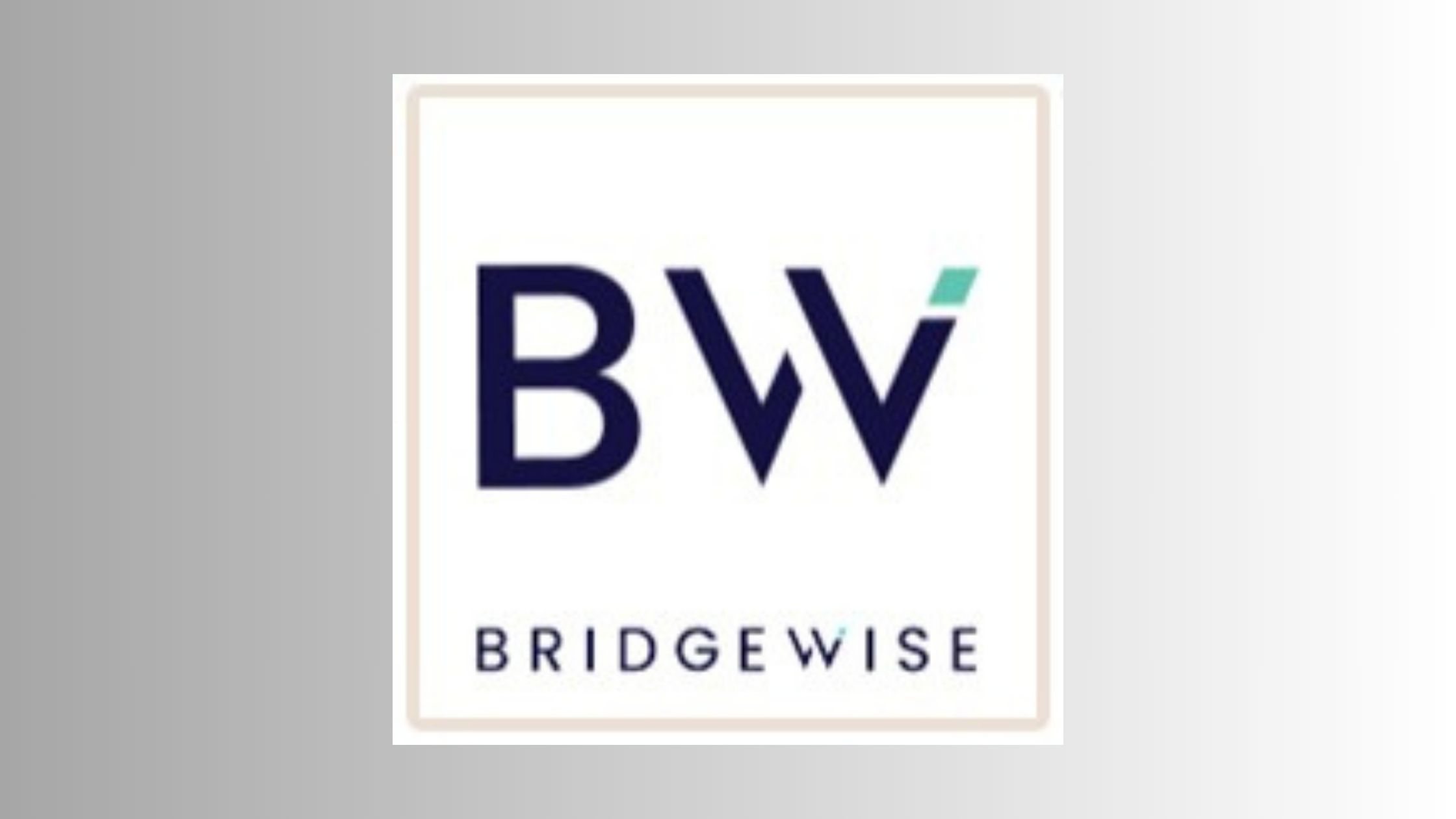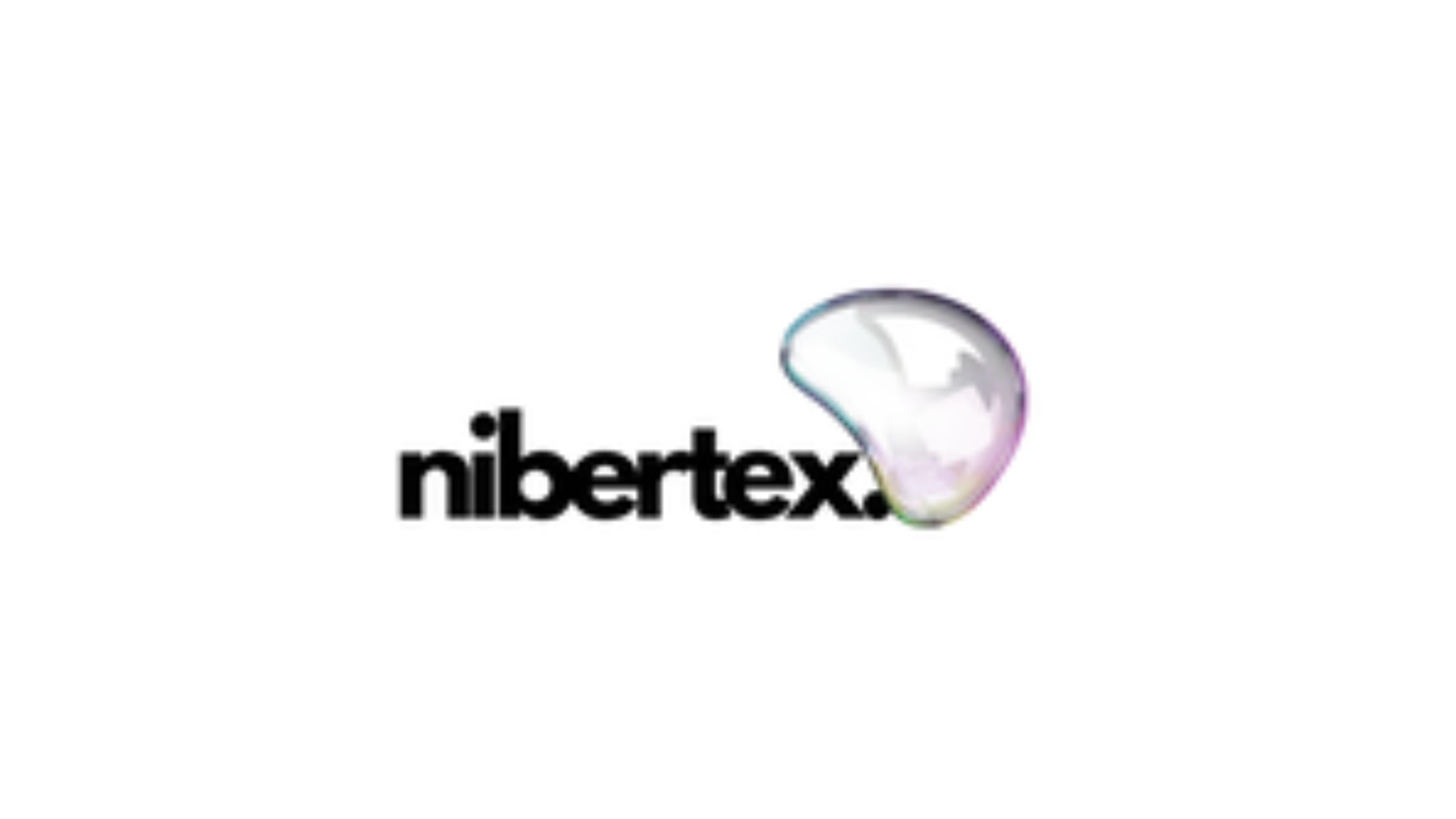AsiaTechDaily – Asia's Leading Tech and Startup Media Platform

Thailand’s Stock Exchange Tightens Listing Rules: What it Means for Startups
Thailand’s Stock Exchange (SET) has announced plans to strengthen its listing regulations in response to a series of unsettling events, including a significant accounting scandal, debt defaults, and unexplained fluctuations in share prices. These developments have shaken investors, leading to a decline in the SET Index, which is set to record its lowest closing level in over two years.
SET has approved a comprehensive overhaul of listing regulations to address recent market challenges. The proposed changes include increasing the proportion of freely tradable shares and implementing stricter criteria for profitability and shareholders’ equity.
Thai stocks have significantly underperformed in Asia this year, with foreign investors selling off a net of $3.1 billion. This makes Thailand the worst-performing emerging market in terms of foreign capital outflow.
The market has been plagued by excessive volatility in certain stocks and an accounting scandal that resulted in a bond default by a listed electric cables maker. These recent events have severely shaken investor confidence in Thailand’s $535 billion market.
According to an official statement from the SET, once endorsed by the market regulator, these new rules will also apply to the Market for Alternative Investment, which caters to smaller companies.
While the tightened rules aim to address fraudulent activities and protect investors, they may also introduce additional hurdles for startups seeking to access the capital market. Therefore, startups will need to navigate these evolving regulations and ensure compliance to maintain trust and attract investment in the Thai stock market.
The proposed measures, expected to be implemented by the end of this year, aim to enhance liquidity in the secondary market and provide greater protection for investors. The SET’s regulatory overhaul is part of its three-year strategic plan to facilitate fundraising opportunities for companies and address existing challenges, according to President Pakorn Peetathawatchai.
Some key regulatory changes include establishing the same minimum paid-up capital requirement for companies listing on both the SET and the Market for Alternative Investment (MAI).
Additionally, small-sized companies will have increased requirements for the free-float and public offering allocation ratio. To safeguard investor interests, warnings will be triggered for companies experiencing deteriorating financial positions or operating performance, such as low operating income, persistent losses, default on debt payments, auditor disclaimers, and targets of backdoor listings.
The SET is also considering the delisting of companies that do not address the reasons for delisting and resume trading within the designated time frame. In the third quarter, the SET will seek public input and approval from the Securities and Exchange Commission (SEC) to implement these new regulations.
Adapting to the new rules and demonstrating transparency and integrity will be crucial for startups to maintain trust and attract investment in Thailand’s stock market, thereby contributing to the growth and resilience of the country’s startup ecosystem.





